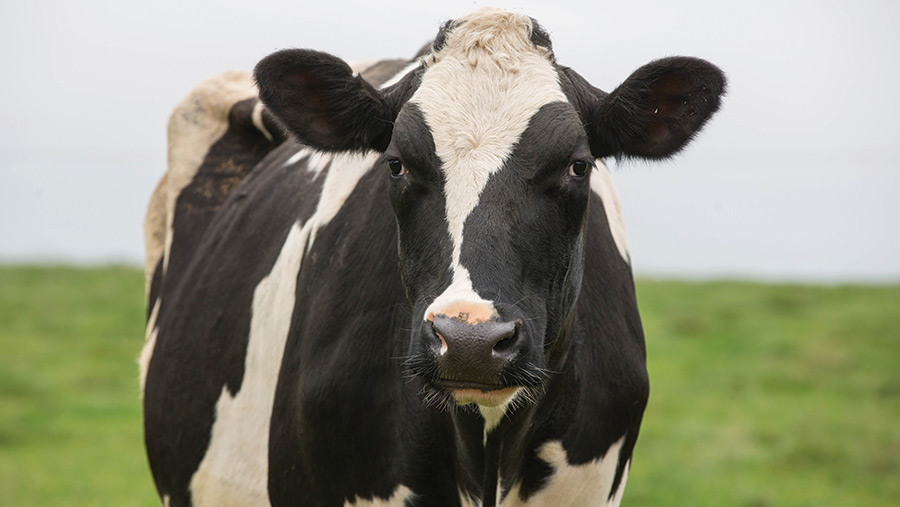Bluetongue control zone causing animal welfare issues
 © Tim Scrivener
© Tim Scrivener A temporary bluetongue control zone in place in Kent is causing animal welfare issues, with farmers unable to move their stock.
The Animal and Plant Health Agency (Apha) has been criticised for failing to issue licences to allow movement, even where the risk of disease spread is low and need is high.
See also: Bluetongue cases spread to Norfolk and sheep
A meeting hosted this week by the Farming Community Network (FCN) and Trading Standards to discuss the issue was standing-room only, and the chairman, beef farmer Hugh Richards, told Farmers Weekly the frustration was “palpable”.
“There are welfare issues building now,” he said. “There are a lot of people with sheep out, cattle calving and dairy herds where they need to move youngstock around.
“You can’t even move cattle inside the zone if they’ve got to go into a trailer, even on your own holding on welfare grounds, without a licence.”
Mr Richards said the problems were being exacerbated because there is only one low-throughput slaughterhouse in the control zone.
“With the present climatic conditions and not having found any viremic cattle, there is no risk at all to move cattle from inside the zone to a slaughterhouse outside the zone,” he added. “So why aren’t they letting people take their stock to slaughter?”
At the meeting, concerns were raised about a lack of Apha capacity over Christmas, with local vets not permitted to carry out blood sampling unless they have a specific CPD certificate.
“At the moment, I really can’t see they are fit for purpose,” said Mr Richards.
“They’ve said they’re staying open over Christmas. They haven’t got enough staff to do what they’re doing at the moment, so come Christmas you won’t get answers, you won’t get people on the phones, you won’t get people coming out.
“If this flares up in the middle of next summer when the temperature goes up and the midges start biting, and it’s as bad as it’s been in Holland this year, there will be chaos.”
‘Not complacent’
Responding to the accusations, Apha chief executive David Holdsworth insisted the agency was not complacent against the risk bluetongue poses to farmers.
“APHA experts working with the national reference laboratory at the Pirbright Institute identified the disease outbreak early, contained it, removed infected animals, traced any potentially linked animals and are conducting surveillance in the prioritised areas where infected animals have been,” he said.
“Strict licence conditions are set to ensure disease is not spread, which we continually review to ensure Apha teams can issue licences when conditions are met and moves can take place where there is no risk of disease spreading.
“These bluetongue detections in individual animals are an example of our robust disease surveillance and control procedures in action. They are also a clear reminder to farmers that bluetongue remains a threat, even as the biting midge activity season comes to an end.”
